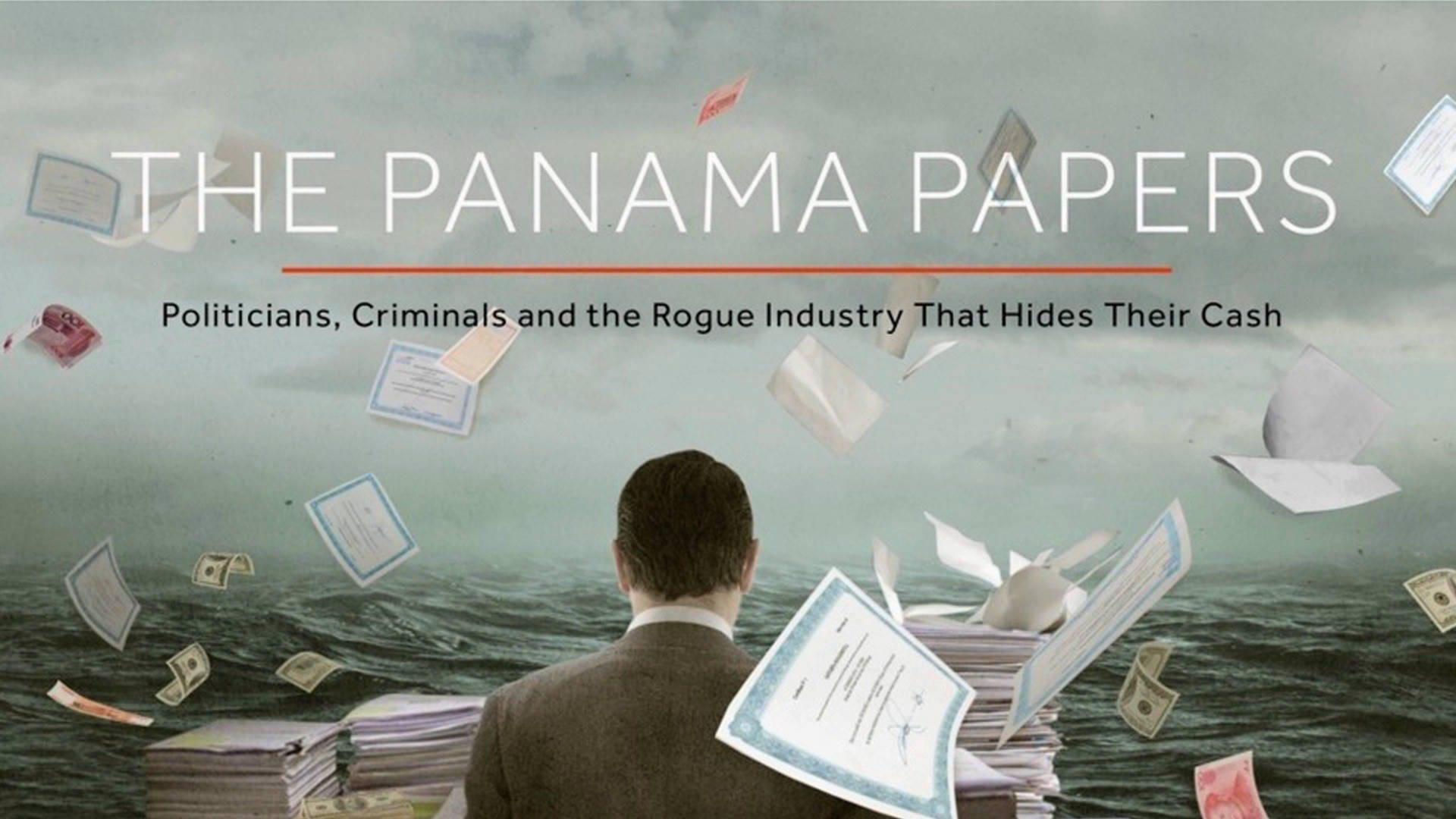What happens when not a hundred, not thousand but more than 10 million documents detailing the nefarious activities of the rich and the powerful of the world, some of them standing on the highest pedestal their country offers, are leaked out in the public for everyone to take notice? You get the biggest data leaks that the world has ever seen, dwarfing any other data leak by a landslide margin.
When an anonymous source going by the name ‘John Doe’, comes to the German newspaper Süddeutsche Zeitung claiming it has data that is important for the world to see, no one has the faintest clue of the sheer volume of the information being talked about and the quake-like aftermath and repercussions that would follow causing even the most powerful to come crumbling down from the sky-high pile of illegitimate assets they had hoarded.
The above said documents came from the database of the Panamanian law firm Mossack Fonseca, giving the data leaks the infamous name ‘Panama Papers’. Though the leak occurred two years ago in 2016, the recent release of 1.2 million fresh documents pointing to the involvement of more people in the business than the earlier revealed ones has again turned the spotlight to the notorious leak.
The Panama Papers lifted the cloth off the dark world of offshore companies and tax havens and their misuse by the rich in evading taxes, dodging sanctions and money laundering. Mossack Fonseca is a law firm that sells its clients offshore shell companies to carry out their business activities in secrecy. These shell companies or letterbox companies exist only on paper and perform no real operations of their own, neither do they have any employees. They just have bank accounts in their name through which business transactions take place. Understanding how this benefits its owners is quite involved.
These offshore companies are registered in the so-called tax havens or places where the taxation is nominal and the laws governing them lax. So, if a person wishes to purchase some product or carry out a business transaction, she would do it through her offshore company. Because the company does not exist in the client’s country of residence, she does not have to pay any tax on the profit that she earns there. And because it has been registered as an offshore company by the firm, she does not have to pay the tax there in Panama either. Rather, she would have to pay taxes in the offshore country which is strategically chosen to be a tax haven so that only a nominal or no taxation is incurred on the profit. This entire system has legal basis and is justified by law, if not on moral grounds.
But the real catch is the veil of secrecy under which the entire procedure is carried out. Mossack Fonseca may even appoint a head of the company, a dummy, so that the real owner of the company may never be known. This way, criminals get to carry out businesses such as drug trafficking inconspicuously that they otherwise could not have done. The Panama Papers detailed the existence of an astounding 214, 000 such shell companies out of which some were allegedly involved in supplying bombs and artillery and in funding weaponry during the Syrian attack. The people of the country to which the tax money should rightfully go, may suffer from financial instability while huge amounts of money are being flown out to be used in dropping bombs and conducting illegal activities, as is the case with many poor countries.
The names that have come out of the Panama Papers include former British Prime Minister David Cameron, Icelandic Prime Minister Sigmundur Davið Gunnlaugsson and close associates of Russian President Vladimir Putin. The papers were released after extensive investigation by the International Consortium of Investigative Journalists (ICIJ) in collaboration with Süddeutsche Zeitung and over 400 journalists from more than 100 media organisations in over 80 countries.
With fresh names coming out of the Panama Papers 2.0, the grim world of offshore companies, undeclared assets and secret stashing of colossal amounts of money seems even bigger than the scale we had come to believe of existing. It is both saddening and scary at the same time to see that while countries and their people perish at the hands of economic inequality and disparity, tax havens like British Virgin Islands, Hong Kong and Nevada serve as entry points for illegal money allowing the rich to gloat over their successful deceit.

